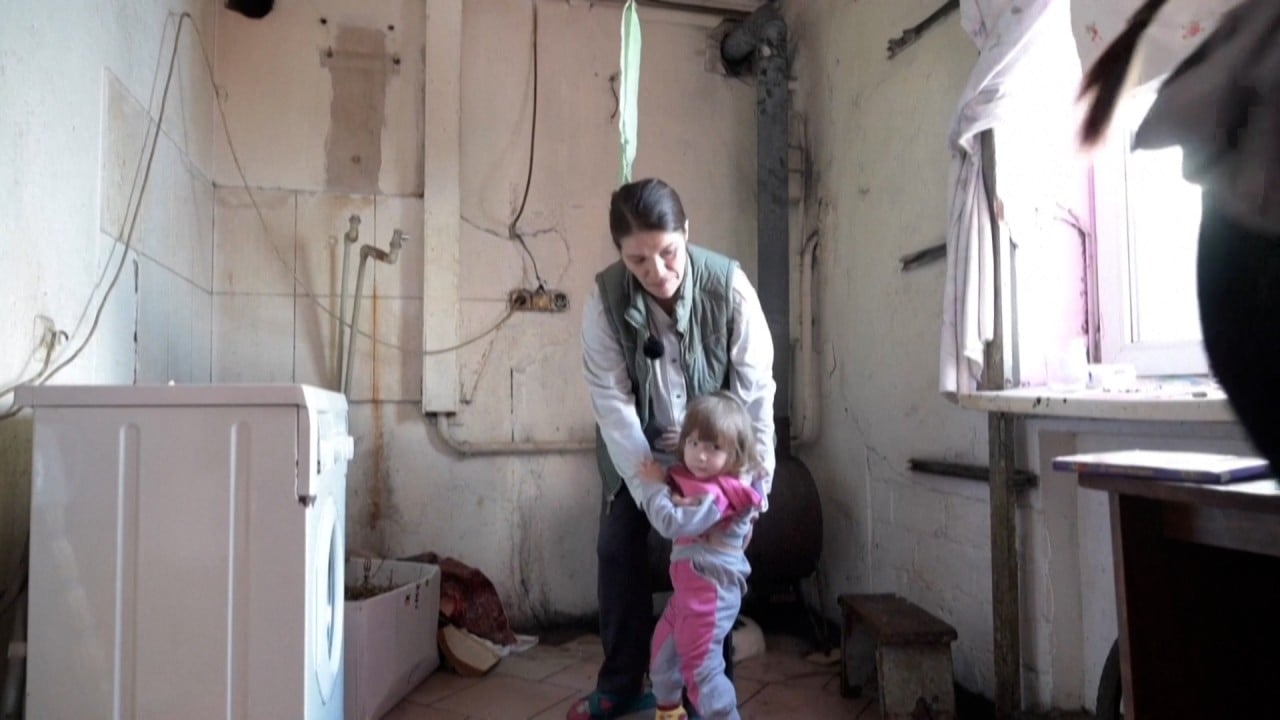
How competing realities over Ukraine and the Indo-Pacific are muddying the geopolitical waters
- While geopolitical tensions are rising in well-known hotspots, the fiercest competition is over more abstract notions of truth and reality
- The assertion of alternative realities has been front and centre in recent interactions between the US, Russia and China, creating even greater confusion
Thus, while the changing international landscape is creating regional headaches, the threat of large-scale war remains remote for now. Conflict and competition are undoubtedly increasing in these relationships, but this is at its fiercest at a more abstract level than traditional security dilemmas: truth and reality.
International relations has always been a complex web of different levels, actors and ideologies. Even so, it has arguably become much more complex since the advent of cyberspace as a key realm of human affairs.
Rather than liberate people, as technological utopians had hoped, cyberspace has merely increased the “sea of irrelevance” to the point where people are less certain what is true or real. Truth and reality are more contestable than ever, and this also seems to be the case with international relations.
As the political theorist Andreas Nohr notes, the politics of truth is traditionally “the struggle at the most general level of society where the true is separated from the false and where what gets to count as truth and reality is decided”.
In the two main competitions of international relations at the moment – US-Russia and US-China – the assertion of alternative realities has been front and centre in recent interactions. In the context of the US-Russia relationship, there is significant divergence in the “reality” each side asserts, and this is clearly exposed by the ongoing Ukraine crisis.
For China, the US has unfairly sought to contain China’s rise despite Beijing’s insistence that its rise is peaceful. In this reality, the US is rallying an anti-China bloc and seeks to humiliate China, which sees itself as merely wanting to foster a fairer, more balanced international political environment.
Into the grey zone: how the US could change the game with China and Russia
In both relationships, it is clear that these alternative realities are hard to reconcile as they simply cannot both be true. The fear in Western countries is that the more authoritarian Russia and China have an advantage in this ontological competition for three reasons.
Some have advocated for the US and its allies to engage head to head with Russia and China in this information war. In recent weeks, it seems Washington and its allies have heeded this call as they have moved to counteract Russia’s misinformation.
The problem with fighting information wars in this way is that it risks undermining US credibility as an arbiter of truth. It also risks inflating the perceived threat of Russia and China, whose success in waging information wars against the West is mixed.
Nevertheless, international relations is experiencing its post-truth moment. How this could alter the nature of the key relationships of international politics moving forward should be concerning for us all.
Nicholas Ross Smith is an adjunct fellow at the University of Canterbury, New Zealand



